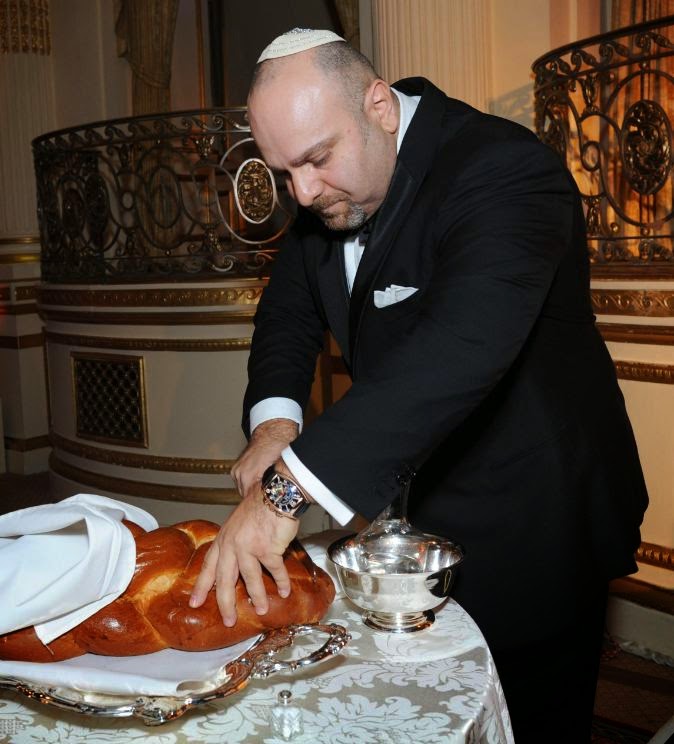Ideologues have taken note about how Wikipedia sways public opinion, and have resorted to tactics on how to take it over. Susan Gerbic and her Guerilla Skeptics have been especially skilled at this, but they have not been the only group.
The nation of Israel has also noticed that Wikipedia sways public opinion, and has dedicated considerable time, effort, energy, and money toward helping Wikipedia reflect a pro-Zionist point of view. This effort has been overwhelmingly successful, as Wikipediocracy notes, despite that Zionism is a small minority view in the world.
Sam Lee of Wikipediocracy gives the following links in the article:
The right’s latest weapon: ‘Zionist editing’ on Wikipedia, Haaretz
Wikipedia Editing for Zionists, New York Times
Wikipedia editing courses launched by Zionist groups, The Guardian
Zionist Internet Struggle to Hit Wikipedia, Israel National News,
Wikipedia: A New Battleground in the Israeli-Palestinian Conflict, The Daily Beast
West Bank Settlers Take To Wikipedia, Haaretz
Aligning text to the right: Is a political organization editing Wikipedia to suit its interests? Haaretz
The effort has been so successful, that every single person in the Wikipedia category of Israeli Murdered Children is someone murdered by a Palestinian. But this isn't the only way that Zionist editors dominate the topic.
Besides creating articles about “Hamas people saying something stupid”, propagandists are also very active in every AfD (Article for Deletion) debate, making sure that articles about killed Palestinians get deleted. So we have Wikipedia:Articles for deletion/Rania Siam (T-H-L) (deleted); Rania Iyad Aram (T-H-L) (deleted); Wikipedia:Articles for deletion/Jihad Shaar (T-H-L) (deleted); and Wikipedia:Articles for deletion/Ghadeer Jaber Mkheemar (T-H-L) (deleted). Killed Palestinian children should remain faceless and nameless, and Wikipedia editors are here just continuing the censorship from elsewhere; see this Guardian article: Israel bans radio advert listing names of children killed in Gaza (and here is a link to the B’Tselem press release.)The New York Times mentions:
The co-founder of Wikipedia claims that ”every Wikipedia editor has a responsibility to try to be neutral”, and that “the community” enforces this. Anyone with a familiarity with the Israel/Palestine area on Wikipedia knows that this is complete rubbish. Over at Wikipedia:Arbitration/Requests/Enforcement (T-H-L) it is taken for granted that editors are there to promote their POV (point of view), rather than to seek neutrality.
Jimmy Wales has an almost religious conviction that “crowd-sourcing” works, even for contentious subjects. The reality on the ground shows he might just as well believe in magic pixies, spreading their magic pixie dust all over Wikipedia, making it an objective reflection of the world.
The Yesha Council also announced a prize for the “Best Zionist Editor” — the person who over the next four years incorporates the most “Zionist” changes in the encyclopedia. That lucky encyclopedist will receive a trip in a hot-air balloon over Israel.This is impressive. Unlike many people who cover these events, I am in full support of what they are doing. Naftali Bennett and the Yesha Council seem to have a clear view of the situation. They recognize that people form their opinions on issues based on the information that they receive. Control the information channels (which include education, news, and entertainment) used by the mainstream, general public (rather than just your internal group), and you control what the public believes. Bennett is willing to accept and embrace that fact. Christian Evangelicals take note: This is how you win a culture war.
I encourage Messianic Jews and Christian Zionists to help out with this effort. Wikipedia is mob-sourced, so if you get a bigger mob on an article, you can take control of that article. Israel is still beleaguered and needs your help to cut through the Palestinian propaganda. I noticed this when I visited England. Anti-Zionist activists were present at many of the tourist areas, engaging people and handing out their literature. Zionists were nowhere to be found. For the sake of Israel, we need to fix this.
I also hope that if you are a Messianic Jew, or even a Christian sympathetic toward Messianic Judaism, that you consider registering for a Wikipedia account, and take the time to learn how to edit. Google is tremendously helpful in this regard. The easiest articles for you to improve are the ones related to key Messianic Jewish figures and organizations. There is a lot of room for more information, and very little resistance. As your ranks build, you can then take on articles such as the article on Messianic Judaism proper, and help give that a more positive slant.
Postscript
I also forgot to mention one of the key factors to remember: Wikipedia editing is an activity for marathoners, not for sprinters. I can recall three pages off the top of my head (Theodore Beale, Burzynski Clinic, and Rupert Sheldrake) where someone called for their readers to fix a biased Wikipedia page. What happened is that a whole bunch of new editors and editors without Wikipedia accounts rushed in and made changes. The experienced editors called in the administrators and locked the page down in its previous state. Within a couple of weeks, the administrator unlocked the page, at which time the torrent of editors had faded away.
If you want to make a difference, you need to be in it for the long haul. Get an account and build some credibility by editing a variety of pages. Once you get 50 edits or so, on a variety of pages (no matter how trivial the edits), your voice will actually be counted in determining consensus on a page. It generally takes a while to make lasting edits, because controversial edits need to be discussed on the talk page first. Consensus is determined by which position has the majority of people arguing for it. But to get counted, you usually need to have some sort of a track record.






